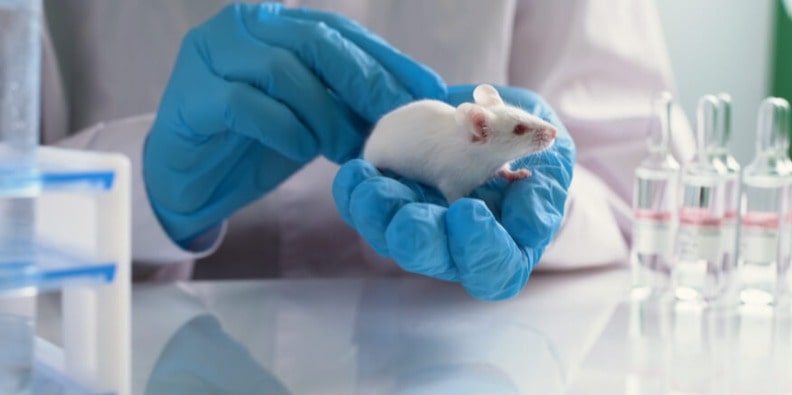In Vivo Testing

What is an In Vivo Test?
In vivo tests are tests conducted on medical devices in their natural environment, such as live animals or the human body. These tests are used to understand how devices interact with biological systems. Unlike in vitro tests, in vivo tests provide the opportunity to evaluate devices under realistic biological conditions. In vivo tests evaluate the biological response of a medical device to the tissue or body fluid it comes into contact with, depending on the duration of contact, as local, systemic, and mutagenic. After in vitro tests are completed, tests specified in the matrix are performed depending on the intended use and duration of the device.
Applications of In Vivo Tests
- Orthopedic Implants: Integration of prostheses with bone and tissue.
- Cardiac and Vascular Devices: Functionality of stents and heart valves.
- Surgical Materials: Biological responses of sutures, adhesives, and bandages.
- Diagnostic Devices: Sensitivity of sensors and measuring devices.
In the Footsteps of Living Organisms: In Vivo Studies and a Safe Future
Before taking a medication or using a new cosmetic product, we want to be sure it is safe, right? This is where in vivo studies come into play.
In vivo, meaning “in the living,” is a research method that studies the effects of drugs, chemicals, and other substances on real living organisms. These studies are one of the most important tools in the scientific world for identifying potential risks to human health and developing safe products.
So, why are in vivo studies so important? Because methods such as cell cultures or computer simulations may not fully reflect the effects of a substance on complex biological systems. In vivo studies, on the other hand, provide real-time data in a realistic environment, setting the gold standard for reliability.
In Vivo Studies in Light of Ethical Principles
Of course, ethical values come first when working with living organisms. Therefore, all ethical principles, particularly the 3R principle (Replacement, Reduction, Refinement), are strictly adhered to in in vivo studies. In other words, animal testing is avoided as much as possible, and when necessary, the number of animals used is kept to a minimum, and every precaution is taken to ensure their welfare.
Nanolab: Reliable and Ethical In Vivo Studies
At Nanolab, we conduct in vivo studies with a strong commitment to human health and ethical values. As a laboratory accredited by TÜRKAK, the only institution in Turkey authorized to issue certificates of compliance with OECD principles and GLP standards, we ensure that you obtain reliable and ethical results.
Why Nanolab?
- TÜRKAK Accreditation: A guarantee of reliability and quality.
- Expert Staff: A strong team of experienced scientists in their field.
- Modern Infrastructure: State-of-the-art equipment and well-equipped laboratories.
- Ethical Values: Prioritization of animal welfare and ethical principles.
Our Services:
- Sensitization Test – EN ISO 10993-10
- Irritation Test - EN ISO 10993-23
- Hemolytic Effect - EN ISO 10993-4
- Genotoxicity – EN ISO 10993-3
- Implantation Test – EN ISO 10993-6
- Pyrogenicity Test – EN ISO 10993-11
- Systemic Toxicity - EN ISO 10993-11
In vivo studies are one of the most important steps we take towards a safe future. At Nanolab, we are proud to contribute to human health in light of scientific knowledge and ethical values.

